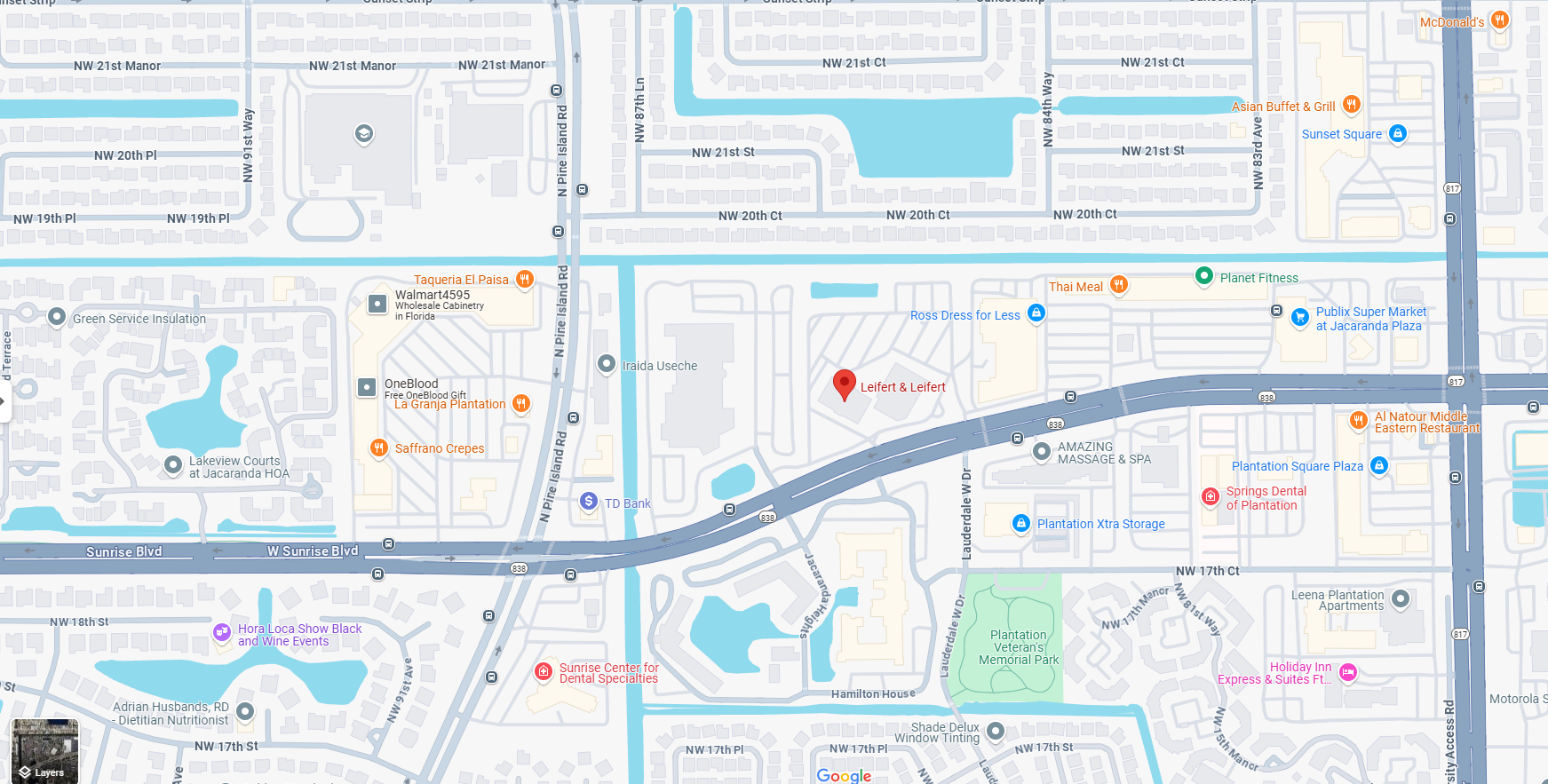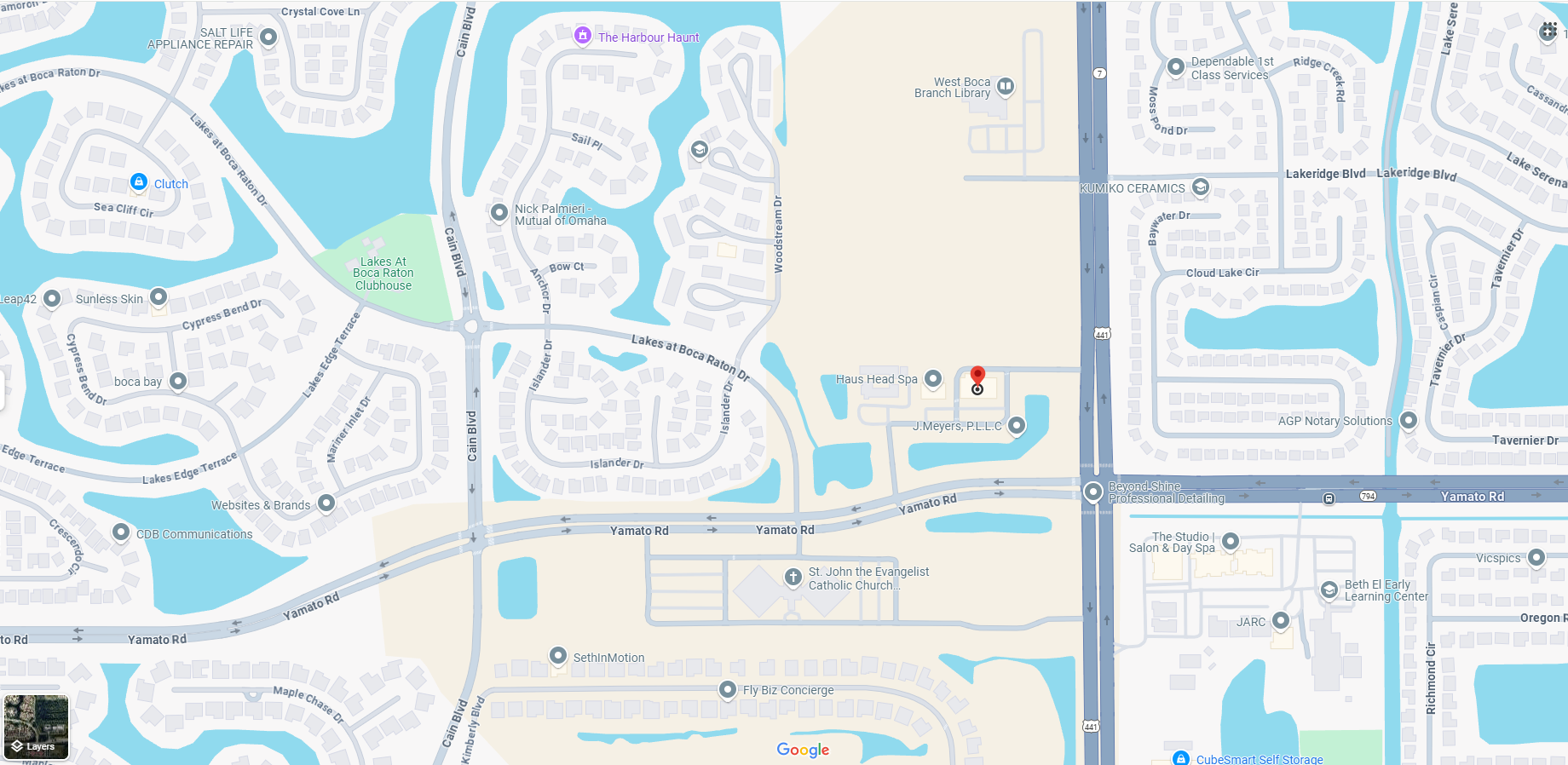Whether you have received a traffic citation or have been charged with a criminal traffic offense, you should not underestimate the benefits of having an experienced defense attorney by your side. A Boynton Beach traffic lawyer can help you prepare for hearings in traffic court, provide invaluable legal guidance, and fight for the best possible outcome in your case.
Florida’s Traffic Laws
Florida’s traffic laws can be found in Chapters 316 through 324 of the Florida Statutes. There are two categories of traffic violations in Florida–civil and criminal. To keep track of drivers’ traffic violations, the Florida Department of Highway Safety and Motor Vehicles utilizes a point system. Although civil infractions carry less severe penalties than criminal traffic offenses, committing a moving violation of any kind can result in points being assessed against a person’s license.
The number of points assessed against a person’s license depends on the particular traffic violation. Point values are on a graduated scale, ranging from 3 to 6 points. Generally speaking, traffic violations that involve accidents resulting in property damage or personal injury are assigned higher point values.
Drivers who accrue a certain number of points within a 12, 18, or 36 month period can lose their driving privileges. Points are calculated based on the based on the date you received the traffic citation. If someone accrues 12 points in 12 months, it can result in a 30-day suspension. Eighteen points accrued in 18 months results in a three-month suspension, and 24 points accrued in 36 months results in a one-year suspension.
Civil Traffic Violations in Florida
A civil traffic violation is a non-criminal charge, meaning it is not punishable by incarceration. Examples of civil traffic violations include speeding, careless driving, failure to yield, improper passing, and running a red light.
Civil traffic violations are enforced by a citation, which carries a civil penalty (fine). Civil traffic citations are disposed of in the local traffic court in the county where the citation was issued. The options are paying the ticket, contesting the ticket in a hearing before the traffic court, or attending a traffic school or defensive driving course.
Paying the ticket is essentially a guilty plea, meaning points will be assessed against the driver’s license if it is for a moving violation. Electing to attend traffic school or a defensive driving course will still require the payment of certain fees but can prevent points from being assessed against the driver’s license if successfully completed.
Drivers must choose one of these options within 30 calendar days of the citation issuance date or face the possible suspension of their license and/or additional fees. A qualified Boynton Beach traffic attorney can help individuals decide which option is best for them.
Work with a Boynton Beach Traffic Attorney Today
Criminal traffic violations in Florida are misdemeanor or felony offenses of varying degrees. If convicted, you could face incarceration, fines, and/or probation. Some examples of criminal traffic offenses include driving under the influence (DUI), reckless driving, driving with a suspended license, and leaving the scene of an accident.
All criminal traffic charges require a court appearance and failing to attend the scheduled hearing can result in a driver license suspension and the judge issuing a warrant for the driver’s arrest. If you have been charged with a civil or criminal traffic violation in Boynton Beach or its surrounding areas, contact Boynton Beach traffic lawyers today to discuss your options.







